
MICROBALKANS25: Reel Panel 5
Panel 5: Regulatory Innovation — How Policies Shape Technological Advancement At the MicroBalkans25 conference, Panel 5 brought together institutional representatives, technology leaders, and experts to
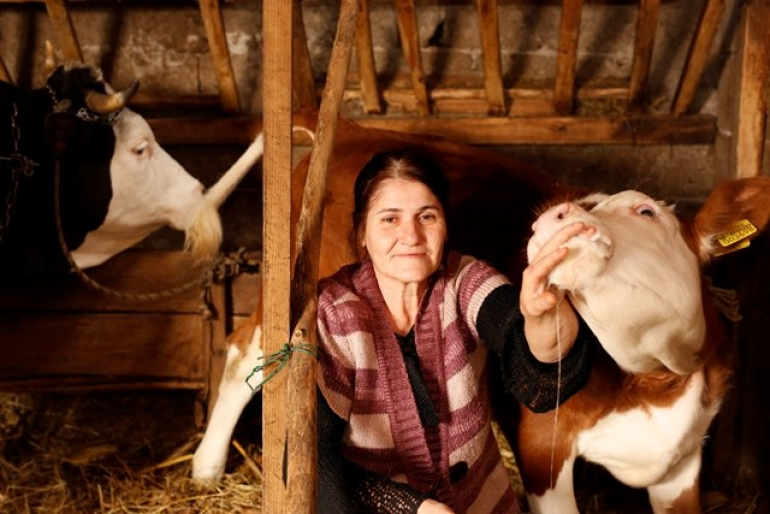
Although Hata Omerovic from Gradacac originates from a family that has always dealt with agriculture, she did not plan to make her life a primary subordinate to agriculture. Hata started working at the Kula factory in Gadačac, but at the beginning of the war in 1992, she left the job in the struggle for a mere existence, and turned towards agricultural activity.
In addition to the production of milk, she also worked on the production of jam and growing fruits. With three children it wasn not easy to cultivate the land, take care of the cows, but Hata says that love is actually her motivator: “I really love my job, it’s not difficult for me, especially when the results of the hard work and effort are visible in the orchard, and when I know that there will be good earnings”, Hata said cheerfully.
The large orchard has 21 dunums of planted plums, of various varieties, and besides orchards and cows, Hata and her family shine larger areas of corn and wheat.
Recalling how hard it was in the past, Hata is now grateful for having her own tractor, living in the vicinity of the milk production center, and that they have secured fruit purchases.
Today, Hata is running registered agricultural holding for the production of milk, meat, cereals and fruits. All members of the family are employed including Hata and her husband, their three children, and her father-in-law. At the time of harvest they hire additional labor.
“I really love my orchard, when we work on it, when we fix things, nothing really is difficult for me. I am happy when we are all healthy and alive, and when the plum production is good, so the price can be good as well… I am happy with small things, small things, new calfs in the barn…I love when everything goes well, and where progress can be seen.”, said Hata Omerović.
Hata has been a MI-BOSPO client for 12 years. She started using microfinance loans when she could make them enough to pay it off. The first loan was invested in the purchase of cows, and afterwards the loans were for the cultivation of the land, for the orchard, for the purchase of another cow, and for the machinery that helped them in their work.
“It’s not easy to be successful in the hard work of agriculture, in the business of which”, as Hat said, “you’re constantly looking at the sky and waiting, where the problem is drought, rain…But the recipe for being happy and successful is certainly to love your job. When it’s good, and when it’s hard”…

Panel 5: Regulatory Innovation — How Policies Shape Technological Advancement At the MicroBalkans25 conference, Panel 5 brought together institutional representatives, technology leaders, and experts to
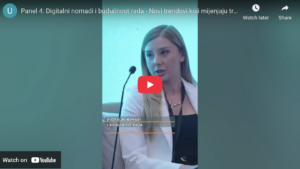
Panel 4: Digital Nomads and the Future of Work — New Trends Changing the Market At the MicroBalkans25 conference, Panel 4 brought together experts who
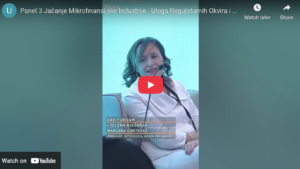
Panel 3: Strengthening the Microfinance Industry — The Role of Regulatory Frameworks and Strategies for Long-Term Growth As part of the MicroBalkans25 conference, Panel 3

Check out the atmosphere of the MicroBalkans25 conference and unforgettable moments from the beautiful city that is hosting the Microfinance Leaders Region this year! With
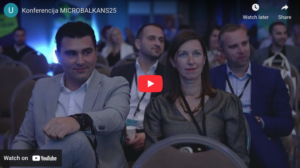
We want to thank all of our coorganizers, supporters and participants that made this years’s MicroBalkans25 Conference in Dubrovnik possible! Please, like and share our
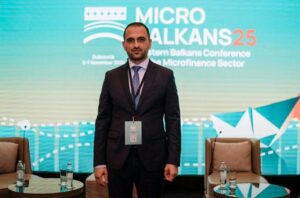
A dynamic wrap-up session highlighting key insights from the panels and roundtables, spotlighting collective commitments, and outlining next steps. It featured reflections from Alliance members